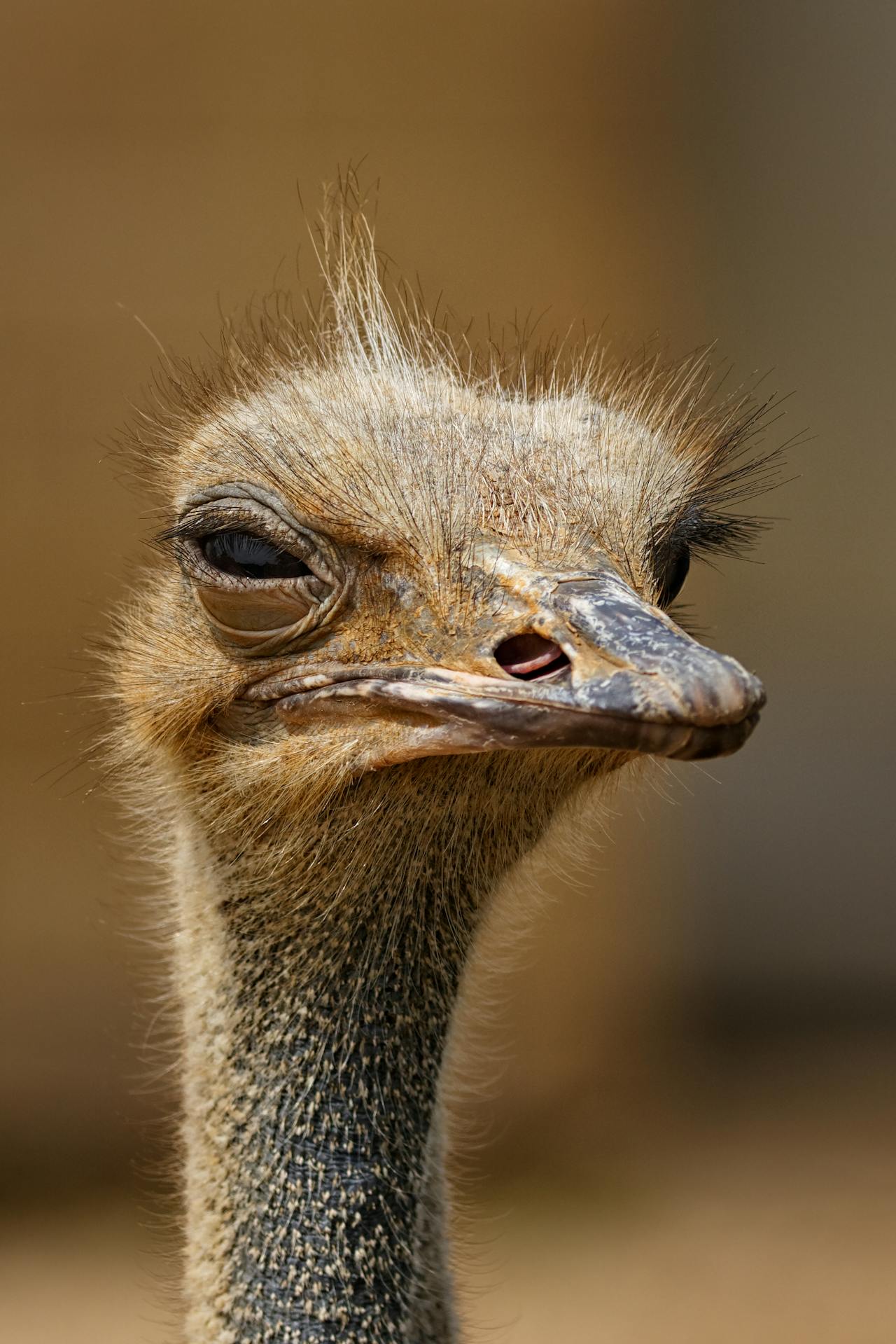Welcome back to Fieldnotes! This week, we’re talking about how we view the future of our planet and how our perspectives shape the actions we take. We’ve all heard the saying, “Don’t be an ostrich,” right? Well, it turns out that phrase is pretty relevant when it comes to climate action.
The Big Picture: When it comes to tackling big environmental challenges, people tend to fall into three camps: The Innovators, The Caretakers, and (you guessed it) The Ostriches. Each has a different take on how we should approach the future, but only one of these views will never get us where we need to go.
1. The Innovator: Creating Solutions for Tomorrow
First up, we have The Innovator. Innovators believe in the power of technology to solve our problems. Think of Norman Borlaug, who revolutionized farming and helped save a billion people from starvation. For Innovators, there’s always a way to innovate our way out of trouble. They believe that with the right tools and ideas, we can build a healthier, more resilient planet.
2. The Caretaker: Protecting What We Have
Then there’s The Caretaker. Caretakers, like William Vogt, argue that unchecked growth is a recipe for disaster. They warn that if we keep pushing the planet’s limits, we’re headed for serious trouble. Caretakers advocate for less—less consumption, less pollution, and less impact on the natural world. They believe that to save the Earth, we need to make some big changes in how we live.
3. The Ostrich: Sticking Their Head in the Sand
And finally, there’s The Ostrich. Ostriches, when faced with uncertainty, prefer to bury their heads in the sand. (NOTE: Ok, ostriches don't REALLY bury their heads in the sand but this is a popular myth and great for the purpose of this discussion!). They might deny that climate change is happening, or if they acknowledge it, they downplay the role of human activity. Some even go so far as to suggest that climate change could be beneficial! But here’s the thing: pretending the problem doesn’t exist won’t make it go away.
What’s Next?
Here’s the takeaway: whether you lean toward the optimism of The Innovator or the caution of The Caretaker, the most important thing is that we keep our heads up and our eyes open. Facing reality is the first step to taking meaningful action. Let’s leave the ostrich mentality behind and work together to build a future where our planet—and the places we love—can thrive.
Let’s keep innovating, let’s keep pushing for change, and most importantly, let’s stay hopeful. After all, the more we understand the challenges, the better we can rise to meet them.
Until next time, stay curious, stay engaged, and remember—don’t be an ostrich!
— The Freshfield Team












Share:
From Polar Bears to Plankton—Protecting Earth’s Diverse Life
Mining for Minerals—The Environmental Toll of Magnesium and Zinc Production